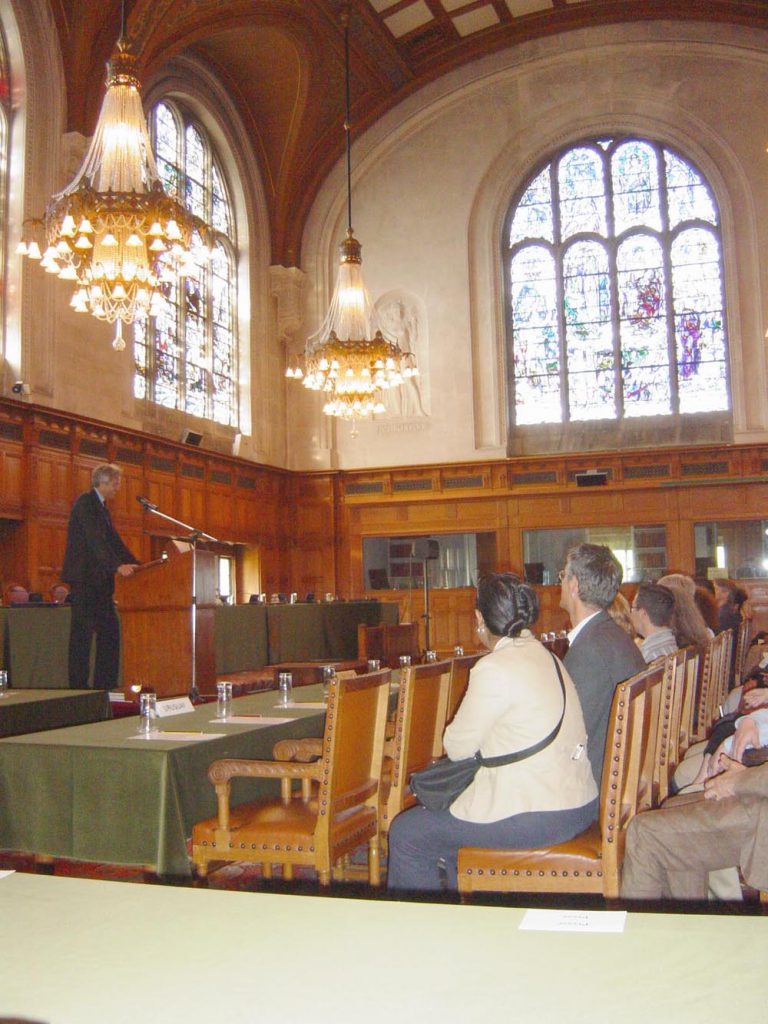Last month the Society for the History of Authorship, Reading & Publishing – SHARP – held its annual gathering over several days (11–15 July) in The Hague. The hosting was shared between the Koninklijke Bibliotheek in The Hague and the University of Leiden. Both are now active in the field of book history. At Leiden one can do an MA in Book and Digital Media Studies, while the KB manages the Bibliopolis project, an online history of the printed book in the Netherlands. The event offered a now familiar conference mix of a few highly polished and interesting plenary lectures by star performers, a huge number of short (twenty-minute) talks mostly on highly specific topics and in which empirical digging usually outweighs critical thought, plus quite a bit of enjoyable schmoozing at receptions and refreshment breaks.
The meeting was kicked off at the Diligentia theatre, in the centre of The Hague, with a lecture by Robert Darnton, one of main generators of ‘the history of the book’ as a subject. Darnton spoke on ‘Slander: the art and politics of vilification, Paris and London, 1770–1800’, using a set of frontispieces and title-pages from pamphlets from those years as focal points for his discussion, and making some use of the iconographic and even typographic evidence to chart the changing meanings of public slander in pre-Revolutionary and Revolutionary France. Others in the audience with whom I talked had heard Darnton before and seemed a little blasé about this lecture. For me it was gripping. I will always remember that Darnton started his working life as a crime reporter on the New York Times, and it’s as if he still writes with the imperatives of journalism in mind: a strong story, vivid details, and any theory so well woven into fabric of the story as to be invisible.

Another special occasion was a visit to the Vredespaleis in The Hague, seat of the International Court of Justice. Sitting in the main chamber, the front row of desks bearing signs saying ‘Argentina’ and ‘Uruguay’, ready for next day’s hearing of an action about pulp mills on the River Uruguay, we were addressed by Jeroen Vervliet, librarian of the Vredespaleis, and by Arthur Eyffinger, who gave a high-speed improvised discourse on the birth of this institution, donated to the city of The Hague by Andrew Carnegie. For this listener, Eyffinger’s talk was overshadowed by its beautifully preserved surroundings.
For the final plenary session, a round-table discussion on Google Book Search, the surroundings to talk-attention ratio was inverted. The main lecture hall at the KB (a mundane metal-plated repository from the 1970s) fell into the background of a sparky debate on the possibilities and threats posed by this bit of the Google universe, active in beta form since the spring of this year. Publishers, librarians (including Richard Ovenden from the Bodleian, one of the participating libraries), teachers and scholars tried to weigh up this extraordinary new development. Is Google attempting world-domination? trying to extend knowledge in an altruistic way? hoping to make make big money? or some mixture of all these three?
Robin Kinross